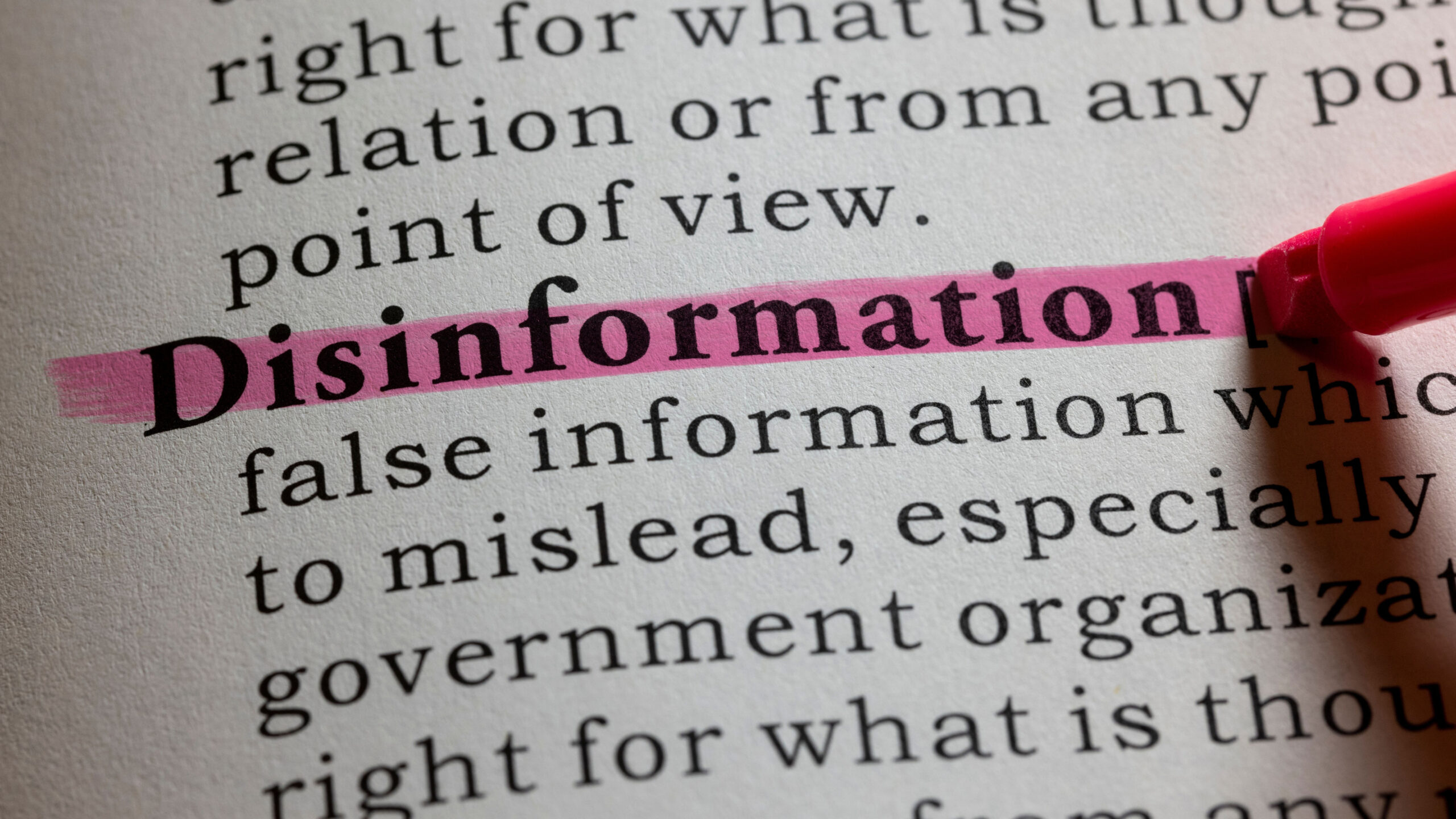EU Media Freedom Act: Don’t Break What Works

Towards the end of last year, the European Commission proposed the European Media Freedom Act (EMFA) with a view to fostering media independence and pluralism in order to further strengthen democracy across Europe. Nine out of 10 Europeans use the Internet to consume news online, which underlines the important role the online world plays in the dissemination of diverse information. As the European Parliament and the Council are starting to formulate their positions on the EMFA, it is clear that several elements of the proposed legislation, which would impact the online consumption of news, require further improvement to ensure the EMFA doesn’t break what already works online. Three key issues stand out in particular.
1.) Tread carefully with “special treatment” of media content
Building on an initial idea for the Digital Services Act that was ultimately rejected, the Commission has now proposed a new and improved “media exemption” for online media content under the EMFA. In principle this special treatment is limited to informing media before their content is taken down if it doesn’t respect the terms and conditions of a so-called “very large online platform.” While this may sound harmless at first, the provision needs to be rethought. The first obvious improvement would be to limit the obligation to online platforms carrying a significant amount of news information.
The biggest issue, however, is that this special treatment would be based on the self-declaration of media outlets, with unreliable criteria and no checks in place. Self-proclaimed media outlets, including rogue actors who will want to use this special treatment to spread disinformation, could therefore flood platforms with self-declarations. At the very least, those who abuse self-declaration should face sanctions under the improved EMFA. What is more, the current proposal only foresees the possibility for platforms to refuse self-declarations. But online platforms are not equipped to evaluate, nor can they be held responsible for determining, which organisations qualify as legitimate media outlets and which do not. This responsibility should be borne by civil society experts or authorities.
2.) Don’t leave any ambiguity in “media service provider” definition
The EMFA relies on a whole new set of European definitions, as the Act seeks to navigate the unknown territory of regulating media services in the European internal market. Indeed, this means that these new definitions need to be crystal clear, so that all companies in scope can comply with their respective obligations and authorities can also effectively enforce them.
In particular, the definition of “media service provider” needs further improvement as it now still largely relies on the concept of “editorial responsibility” which in turn is also too broad. Unless changed, it could mean that non-intended organisations are captured by the scope of the new rules. This is particularly risky given that they could then easily self-declare themselves, as I explained earlier. Similarly, online platforms could also be considered media service providers, which would make this mechanism completely inoperable.
3.) Clarify audience measurement goals
The proposed EMFA obligations for online platforms regarding audience measurement carry a lot of uncertainty. It is unclear what kind of purpose these obligations serve as they are not strictly limited to advertising, nor does the proposal substantiate that there is any need to intervene. Nearly all online platforms already offer analytical tools to media publishers, which allow the latter to get to know their audience better and reach new people. Moreover, industry-standard mechanisms for audience measurement have already established rigorous checks and balances in this respect.
The advertising market is already heavily regulated through a wide range of EU legislation, whether that is data protection rules or competition law. The EMFA should not contradict the existing balance that was carefully struck. Nor should it prevent innovation by creating a patchwork of overlapping rules. The broadcasting sector, for example, is in the middle of a transition to adapt mechanisms for measuring analogue services to digital media consumption.
The European Media Freedom Act definitely is a step in the right direction to support media freedom and promote pluralism in Europe. Yet, certain provisions of the current proposal clearly don’t properly reflect how the online world works, or even contradict existing law. This risks creating inefficiencies, or worse, negatively impacting citizens’ access to information and news.
If European policymakers are committed to fostering a healthy and balanced online information ecosystem, they should improve the special treatment of media content, clarify important definitions, and rethink audience measurement.








